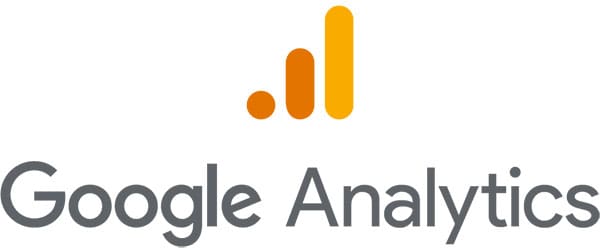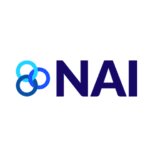Google has elected to sunset its Universal Analytics
Overall, sunsetting analytics platforms is a normal part of the technology lifecycle, and companies do it for various reasons depending on their unique circumstances.
Why bring up this idea? Google is sunsetting Universal Analytics and replacing it with a more advanced analytics platform called Google Analytics 4 (GA4).
Again, why bother? Why fix what’s not broken?
There are a few reasons why Google is making this change:
Legacy technology
If an analytics platform is built on outdated technology or infrastructure, it may become difficult or costly to maintain or update. In such cases, the company may choose to sunset the platform in favor of a newer, more modern solution rather than dedicating time to reprogramming an existing platform.
Business strategy
Companies may also sunset analytics platforms as part of a broader business strategy, such as a shift in focus or a change in product offerings. For example, if a company decides to shift its focus from advertising to e-commerce, it may no longer require the same level of analytics capabilities – think of Facebook’s transition from being ad-based social media to a full environment with the ongoing development of the online world Meta.
Data privacy and security concerns
With the increasing focus on data privacy and security, companies may sunset analytics platforms that do not meet the latest standards for protecting user data. In such cases, the company may choose to invest in a more secure platform or build one in-house. We’re seeing a similar battle in the courts right now with the legal arguments over TikTok, the big question being, “Where is this data going?”
Consolidation of platforms
In some cases, companies may have multiple analytics platforms that are used for different purposes, leading to the fragmentation of data and insights. To simplify the analytics infrastructure and improve data consistency, the company may sunset some of these platforms and consolidate them onto a single platform, even if it means taking away the public-facing front end of the software that customers use.


There are technical reasons, too:
User privacy
Universal Analytics relies on cookies to track user behavior across websites, which is becoming increasingly difficult due to user privacy concerns and changes in web browser policies. GA4 uses an event-based tracking system that is more privacy-friendly and allows for more accurate tracking across multiple devices and platforms. (Check out Intersect’s privacy features – we’re compliant across the board as well.)
Advanced analysis
GA4 offers more advanced analysis features, such as machine learning-powered insights, cross-device tracking, and predictive analytics. These features help businesses better understand their customers and make data-driven decisions – that’s a powerful feature that a lot of analytics users look for when choosing a platform. (It is also one that Intersect offers as part of our portal!)
Cross-platform measurement
With the proliferation of mobile devices and apps, it has become increasingly important to track user behavior across different platforms. GA4 allows for better cross-platform measurement, enabling businesses to get a complete picture of their customer journey from the first jump to the last stop. (Intersect visitor journeys as well – and captures and pairs other information publicly available, which Google Analytics and other platforms do not.)
Not sure what your business needs? Not sold on the idea?
Send us a link via our contact form, and a representative will reach out to walk through your needs and how Intersect can fill the gap between your current analytics and where you need to go.
Overall, the shift from Universal Analytics to GA4 is part of a broader trend toward more privacy-friendly, advanced, and cross-platform analytics solutions.


By sunsetting Universal Analytics and replacing it with GA4, Google is helping businesses stay ahead of these trends and get better insights into their customers. However, for what Google and similar services provide, they lack true depth in exchange for providing a tool that a huge market segment can access.
More advanced tracking and reporting capabilities
Integration with other marketing tools
Many paid marketing analytics software options integrate with other marketing tools, such as CRM systems, social media platforms, and email marketing software. This can help businesses get a more comprehensive view of their marketing efforts and streamline their workflows.
Customer support
Paid marketing analytics software often comes with dedicated customer support, which can be helpful for businesses that need assistance with setting up or troubleshooting their analytics tracking.
Customizable dashboards and visualizations
Paid marketing analytics software can offer more customizable dashboards and visualizations that are tailored to a business’s specific needs, which can make it easier to interpret and act on data quickly.
While Google Analytics is a powerful tool, paid marketing analytics software can provide additional features and benefits that may be valuable to businesses looking to optimize their marketing efforts and gain a competitive edge. However, it ultimately depends on the specific needs and goals of the business.
Further Reading:
Concerned about the change to GA4? Call Intersect to explore our completely different, upgraded alternative.




